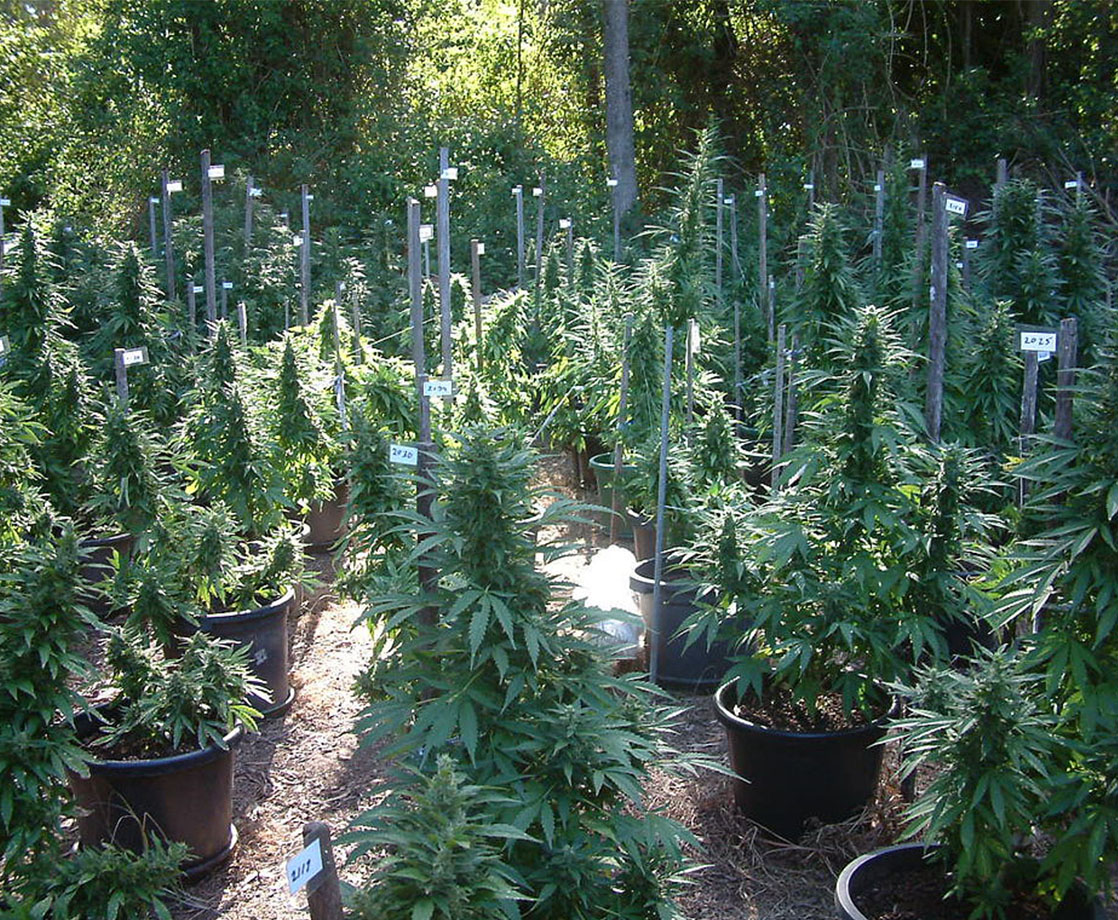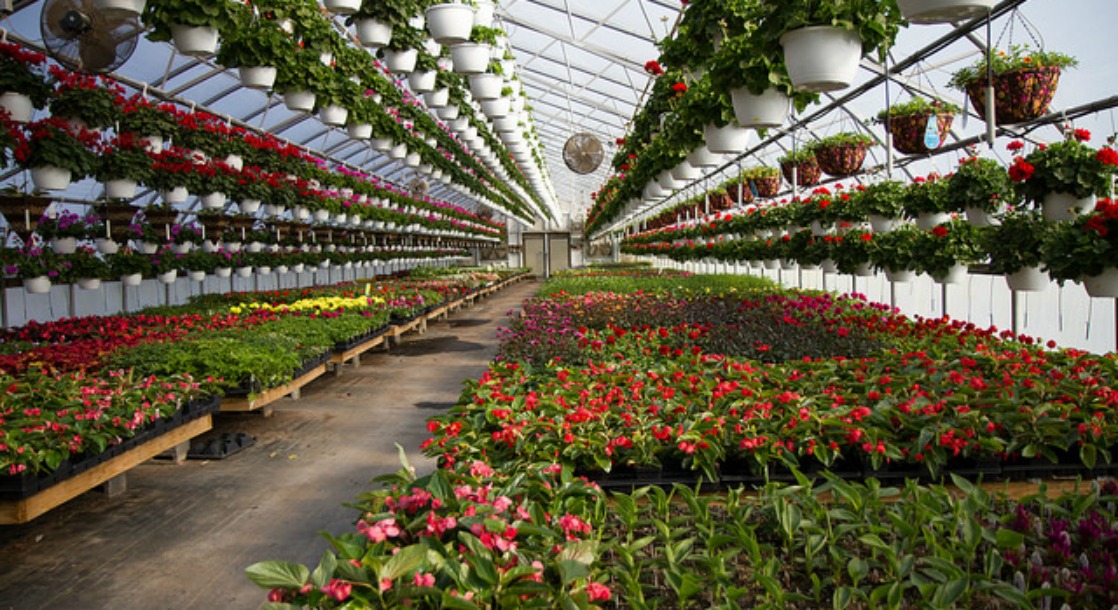What counts as a small farm?
When California regulators started licensing cannabis cultivation at the beginning of last month, they operated in two categories: Type 2 licenses, which allow growth on about a quarter of an acre of land, and Type 3 licenses, which allow growth on a plot up to one acre. Larger grows, or Type 5 licenses, will not be awarded until 2023, a moratorium specifically set up to help small businesses flourish before Big Agriculture and "green rushers" have the opportunity to swallow the industry whole. But while large farms are currently banned, ganjapreneurs are technically allowed to obtain as many small farm licenses as permitters will allow — a loophole that has already resulted in a limited number of canna-businesses acquiring nearly 30% of those Type 2/"small farm" cultivation permits.
According to a report from the Sacramento Business Journal, California regulators have awarded 538 temporary licenses for small farm cultivation to only 250 operators. Further, just 10 of those entities own 158 of those cultivation sites — or 30% of the total Type 2 licenses currently awarded — with two businesses compiling at least 30 licenses each.
In an attempt to close that license "stacking" loophole, the California Growers Association (CGA), an industry advocacy group representing 900 cultivators statewide, has filed a lawsuit that claims the regulations can be abused by corporate agriculture and decreases the license value for independent growers.
However, as that lawsuit makes its way through California's court system, the businesses racking up Type 2 licenses have defended their actions, saying they are simply following state rules and are not the "Big Ag" players that the lawsuit has made them out to be.
"All of the sudden, we [would] have to scale back to an acre," Alex Moore, founder and owner of Honeydew Farms, which currently operates over 30 small farm licenses on one plot of land in Northern California, told the Sacramento Business Journal. "That would be a tremendous loss to us."
In the CGA lawsuit, small growers argue that these license-stacking businesses will eventually corner the market with mass-produced cannabis. But as regulators begin to anticipate a supply chain bottleneck in the coming months, Moore and his peers with piles of licenses attest that they are simply trying to build their brands as much as possible to help themselves and consumers. They say they are not trying to put small-time competitors in a stranglehold, either.
The California rule delaying Type 5 growing licenses for large farms was meant to encourage stability among the state's cannabis community, on top of protecting the cottage industry, but the license stacking gambit has led to animosity and in-fighting among local growers.
"I have a lot of admiration and respect for these guys trying to help small farms navigate these changing laws," Moore said. But "we're being portrayed as 'Big Ag,' and that's just not the case… We're a single-family-owned company."
The CGA lawsuit is currently awaiting trial in the Sacramento County Superior Court.
Follow Zach Harris on Twitter











